Pour Over Will

A business enterprise entered into for profit which is owned by more than one person, each of whom is a “partner.” a partnership may be created by a formal written agreement, but may be based on an oral agreement or just a handshake. each partner invests a certain amount (money, assets and/or effort) which establishes an agreed-upon percentage of ownership, is responsible for all the debts and contracts of the partnership even though another partner created the debt or entered into the contract, has a share in management decisions, and shares in profits and losses according to the percentage of the total investment. often a partnership agreement may provide for certain division of management, shares of investment, profit and/or rights to buy out a partner upon leaving the partnership or death. each partner owes the other partners a duty of full disclosure of information which affects the business and cannot commandeer for himself/herself business opportunities which rightfully belong to the partnership. a partnership which does business under a trade name must file with the county or state a certificate of “doing business under a fictitious name,” which gives notice to the public of the names of partners and the business address. a “limited partnership” limits the responsibility for debts beyond the investment to the managing “general partners.” the investing “limited partners” cannot participate in management and are limited to specific percentages of profit. a partnership differs from a “joint venture,” which involves more than one investor for only a specific short-term project and prompt division of profits. partnerships are traditionally the most fragile of business arrangements and are often dissolved and subject to disputes. but several million exist in the united states and, ironically, they are the favorite business entity for law firms.

































































